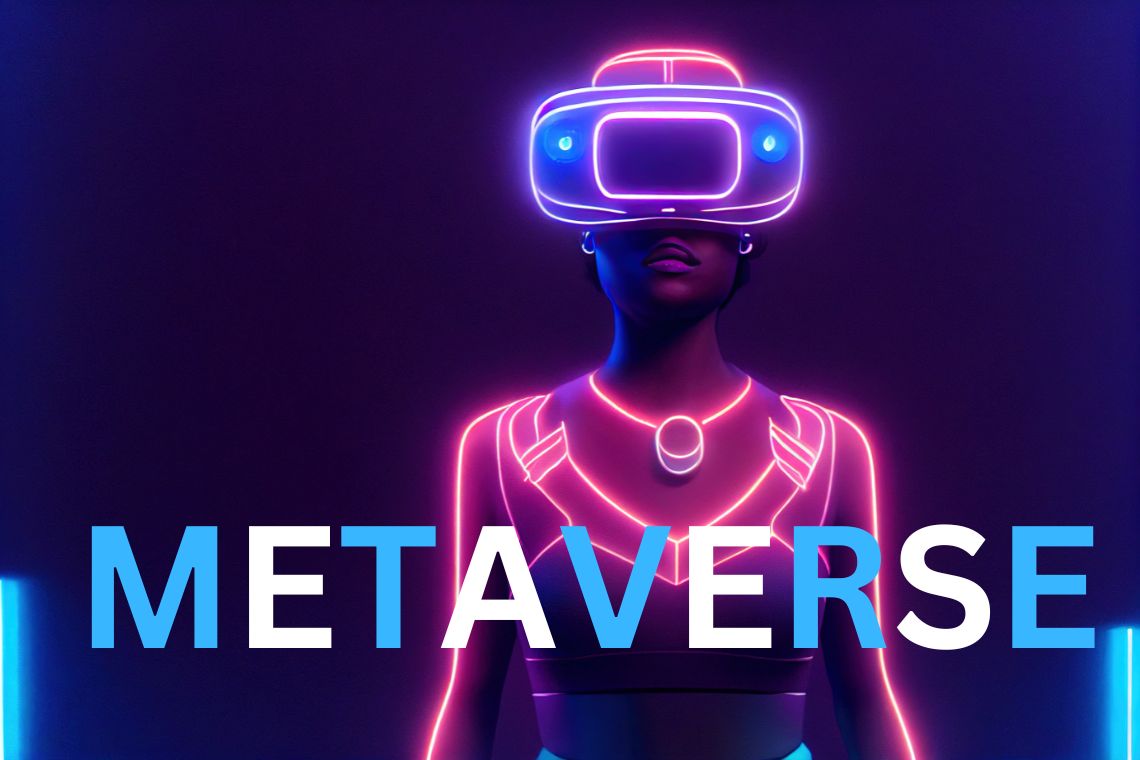
Table of Contents
Will the metaverse be your new place of employment?
Will the Metaverse Revolutionize the Future of Work?
As we look ahead, the 2D internet that we currently use may soon seem outdated and obsolete. The way we interact with the internet is expected to undergo a significant transformation. We will likely engage with it through augmented reality (AR), virtual reality (VR), and a seamless integration of the real and digital worlds, surpassing our current imagination.
What implications does this hold for the world of work?
The traditional nine-to-five office commute and the conventional workplace setting may become a thing of the past. This shift is influenced by the experiences of two rounds of pandemic lockdowns and an increasing acceptance of virtual meetings and gatherings. With the emergence of the metaverse, a virtual reality realm where lifelike 3D avatars interact and socialize, could working in this immersive digital space be the next big step?
It’s important to note that the term “metaverse” has been overused, and there is still no concrete definition or agreed-upon vision for what it will be. Will competing virtual worlds seamlessly connect in ways that current technologies cannot? Will we spend more time in the metaverse than in the physical world? Will new regulations be established to govern these virtual spaces? These questions remain unanswered, but the growing interest and investment from businesses indicate their belief in the potential economic opportunities.
Several companies have already established a presence in metaverse worlds, ranging from Meta’s Horizon Worlds to popular games like Roblox and Fortnite, as well as newly developed platforms like Sandbox and Decentral Land. Major brands like Nike, HSBC, Coca-Cola, Louis Vuitton, and Sotheby’s have recognized the metaverse’s potential and have ventured into these virtual spaces.
The concept of the metaverse is not entirely new. Author Neal Stephenson introduced the term over three decades ago in his novel “Snow Crash,” where characters sought a better reality within a virtual world. In October 2021, Facebook made a significant move by rebranding as Meta and investing billions in becoming a metaverse-first company under the leadership of CEO Mark Zuckerberg.
However, despite the substantial investment, some shareholders have expressed concerns about Meta’s spending on virtual reality (VR). In October 2021, The Verge published an article claiming that Meta’s Horizon Worlds platform faced challenges and was underutilized by staff, according to internal documents they had seen.
Herman Narula, CEO of Improbable and author of the book “Virtual Society,” is skeptical of Zuckerberg’s vision. He questions the need for a metaverse office that merely replicates the physical office. Instead, he believes that creative spaces in new realities should expand our possibilities rather than simply recreate what already exists in the real world.
The governance and policing of the metaverse present significant challenges. It is technically complex to oversee potentially billions of virtual interactions and discussions taking place within a virtual landscape. Additionally, the immense amount of data generated by these interactions poses privacy and ethical concerns. A Stanford University study found that spending just 20 minutes in virtual reality generated over two million distinct physical movement recordings, opening up new possibilities for data collection and analysis.
During the pandemic, companies like Epic Games built a virtual American football stadium in Fortnite for Verizon, and collaborations with Meta led to the creation of a music realm within Horizon Worlds. These ventures allowed people from around the world to come together virtually and collaborate in ways that were previously limited to computer screens.
The future of work in the metaverse remains uncertain, but it holds the potential for new forms of employment and economic opportunities. As technology continues to evolve, it is crucial to navigate the challenges of privacy, data management, and ethical considerations to ensure a responsible and inclusive metaverse for all.






